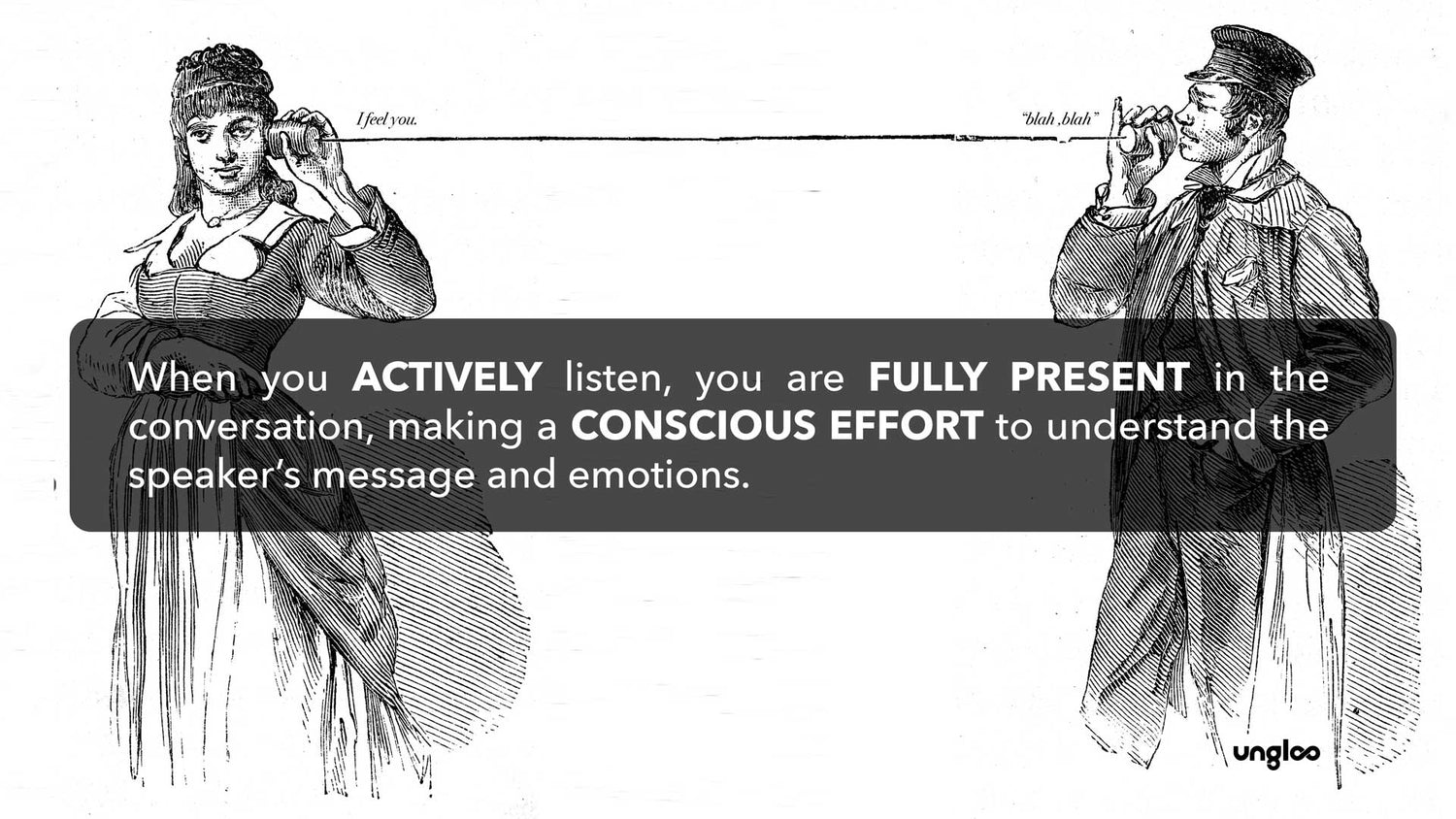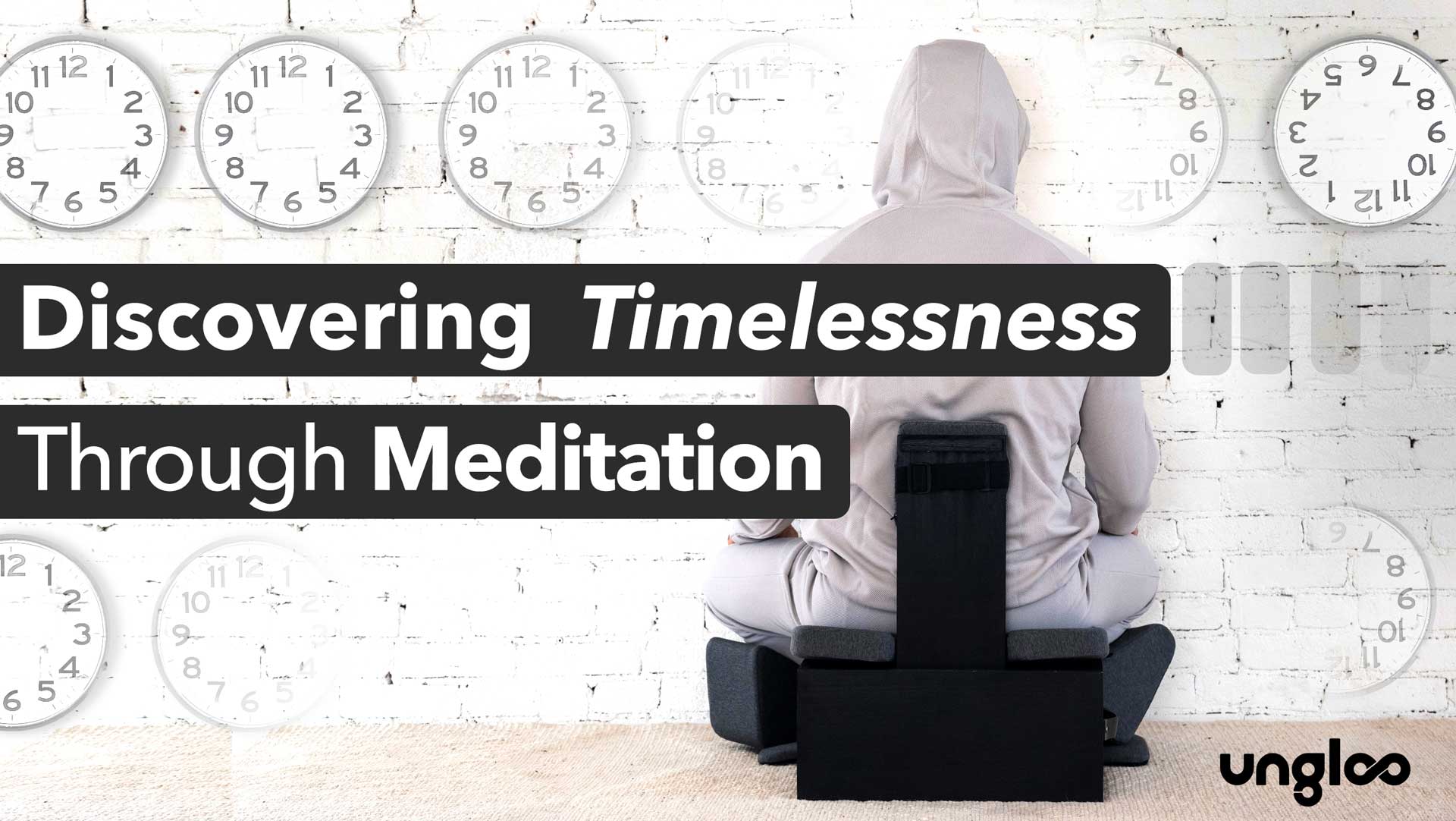In a world filled with distractions and misunderstandings, mindful communication can transform your conversations, enhance your relationships, and foster a deeper connection with others.
Key Takeaways
- Mindful communication enhances connections.
- It involves active listening, present moment awareness, mindful speech and understanding non-verbal cues.
- Developing self-awareness, emotional intelligence and applying compassionate responses foster successful conversations in different settings.
What Is Mindful Communication?
Mindful communication involves actively paying attention to our interactions with others while engaging in self-reflection and mindful practice. It offers us an opportunity to stay in the present moment and be aware of our reactions.
This approach to communication focuses on active listening, present moment awareness, and speaking mindfully. By communicating mindfully, you will deepen your connection with those around you.
Active Listening
Active listening is the cornerstone of mindful communication, requiring complete attention and sincere involvement with the speaker.
When you actively listen, you are fully present in the conversation, making a conscious effort to understand the speaker’s message and emotions.
Practicing mindfulness meditation or other mindfulness practices can help you develop the necessary skills for better attention and engagement during conversations.
Present Moment Awareness
Present moment awareness is another essential component of mindful communication. It involves being completely focused on the conversation at hand, rather than being distracted by the past or future.
This heightened state of awareness allows you to be fully present in the conversation, actively listen to the speaker, and respond with empathy and understanding.
You can cultivate present moment awareness through mindfulness meditation and other mindfulness practices.
Mindful Speech
Mindful speech is the third key component of mindful communication, requiring thoughtful word choice and consideration of others.
This awareness helps ensure that your message is understood as intended and prevents miscommunication or misunderstanding.
Practicing mindful speech leads to:
- More open, authentic, and compassionate conversations
- Enhanced relationships
- The ability to navigate difficult conversations with grace and understanding.
Remember, a single thoughtfully chosen word can make all the difference in how your message is received and understood.
Developing Mindful Communication Skills
Cultivating self-awareness, emotional intelligence, practicing mindfulness, and understanding non-verbal cues are key to developing mindful communication skills.
These skills help individuals to:
- Be cognizant of their own emotions and responses
- Be aware of the emotions and responses of others
- Enhance effectiveness and empathy as a communicator
- Navigate complex conversations
- Foster meaningful connections
Let’s explore each of these aspects, and learn how they can improve your communication skills.
Self-Awareness and Emotional Intelligence
Self-awareness and emotional intelligence are key for effective communication, as they help individuals recognize and manage their emotions during conversations.
By understanding your own emotions and reactions, you can navigate challenging situations and respond to others with empathy and compassion.
Additionally, being aware of your own emotional state allows you to:
- Maintain control and remain composed in difficult conversations
- Avoid reacting impulsively or defensively
- Listen actively and respond thoughtfully
- Adapt your communication style to different situations and individuals
Developing self-awareness and emotional intelligence takes time and practice, but it will improve your relationships with others.
Mindfulness Meditation and Practices
Mindfulness meditation and practices can improve communication skills by enhancing focus, attention, and emotional regulation.
These practices involve slowing down racing thoughts, letting go of negativity, and cultivating a calm and present state of mind.
Regularly engaging in mindfulness meditation enhances your sense of self-awareness and deepens your connection with the present moment.
Non-Verbal Communication
Non-verbal communication, such as body language and facial expressions, plays a significant role in conveying messages and understanding others during conversations.
These subtle cues can provide valuable insights into a person’s emotions, intentions, and level of engagement in the conversation. By paying attention to non-verbal cues, you become a more effective and empathetic communicator.
Becoming more aware of your own body language and facial expressions, as well as paying attention to those of others, helps in developing your non-verbal communication skills.
The Power of Empathy and Compassion in Conversations
Empathy and compassion are essential components of effective communication, creating meaningful connections and fostering understanding in conversations.
By putting yourself in another’s shoes and considering their emotions and perspectives, you can develop a more compassionate and empathetic communication style.
Understanding Different Perspectives
Understanding different perspectives involves putting oneself in another’s shoes, recognizing their emotions, and considering their point of view. This empathy allows you to appreciate the nuances of each conversation, respond with compassion, and foster more meaningful connections with others.
Questioning “What would I do/think if I were in this person’s position?” can help improve your ability to understand and empathize with others. By regularly engaging in this mental exercise, you can develop a more empathetic and compassionate communication style, leading to more harmonious interactions.
Responding with Compassion
Responding with compassion means:
- Offering support, understanding, and kindness during conversations
- Being empathetic and validating the emotions of others
- Practicing active listening and seeking to understand different perspectives
- Responding calmly and respectfully, even in the face of disagreements
- Fostering an atmosphere of insight and compassion
- Encouraging effective and respectful communication among all parties involved
This approach will lead to more positive and productive interactions. By practicing compassionate responses, you can create an environment where all individuals feel heard, valued, and respected.
Overcoming Barriers to Mindful Communication
Addressing distractions, mind-wandering, and managing difficult emotions and triggers are fundamental to overcoming barriers to mindful communication.
Distractions and Mind-Wandering
Distractions and mind-wandering can hinder effective communication, preventing you from being fully present and engaged in conversations. These roadblocks can be external, such as noise or interruptions, or internal, such as daydreaming or wandering thoughts.
Overcoming these barriers and maintaining focus during conversations requires mindfulness practice and the development of strategies to stay present.
Difficult Emotions and Triggers
Difficult emotions and triggers can disrupt communication, leading to misunderstandings, conflicts, and strained relationships.
Enhancing your emotional intelligence and self-awareness helps to better recognize and manage your emotions during conversations, preventing difficult emotions and triggers from derailing the communication process.
Summary
In conclusion, mindful communication is a powerful approach to fostering more effective and meaningful conversations in all areas of your life.
By practicing active listening, present moment awareness, and mindful speech, you can enhance your communication skills and deepen your connections with others.



